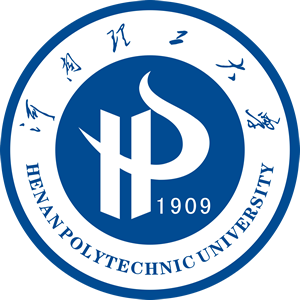
地址: 河南省焦作市高新区世纪路2001号[454000] Tel: 0391-3987069 E-mail: zkxb@hpu.edu.cn,skxb@hpu.edu.cn |

请您访问
|

社会科学版
|
| 供稿: 夏洋洋;颜静兰 | 时间: 2018-12-20 | 次数: |
作者单位:华东理工大学外国语学院
摘要:格式塔心理学强调整体性原则,即整体大于部分。汉语诗歌多寓情于物,借助意象表达情感和意境。由于汉英语言存在意合与形合的差异,所以在汉诗英译过程中,存在着诸多困难。本文从格式塔的整体性视角出发,分析了古诗《商山早行》的三个英译本的意象和意境传递,从而得出结论:汉语古诗的整体意境并不等于个体意象的简单相加。在翻译过程中,必须把意境作为翻译的最高目标,对意象和意境进行有效整合,形成一个格式塔"完形"。
DOI:10.16698/j.hpu(social.sciences).1673-9779.2013.01.003
分类号:H315.9;I046
Abstract:Gestalt psychology lays emphasis on the principle of integrity, that is, the whole counts more than the addition of separate parts. In Chinese poetry, ideorealm ( yijing) is frequently expressed through objects and images ( yixiang) . Due to the linguistic differences of hypostasis and parataxis between English and Chinese, problems arise in the process of Chinese poetry translation. This paper, from the perspective of integration principle of Gestalt theory, makes a comparison of three English versions of the poem Shang Shan Zao Xing in terms of the transmission of images and ideorealm, and thus coming to the conclusion: as the holistic ideorealm of Chinese poetry is not equal to the simple addition of individual images, the ideorealm should be regarded as the ultimate goal in poetry translation, images and ideorealm must be well integrated in order to form a Gestalt.